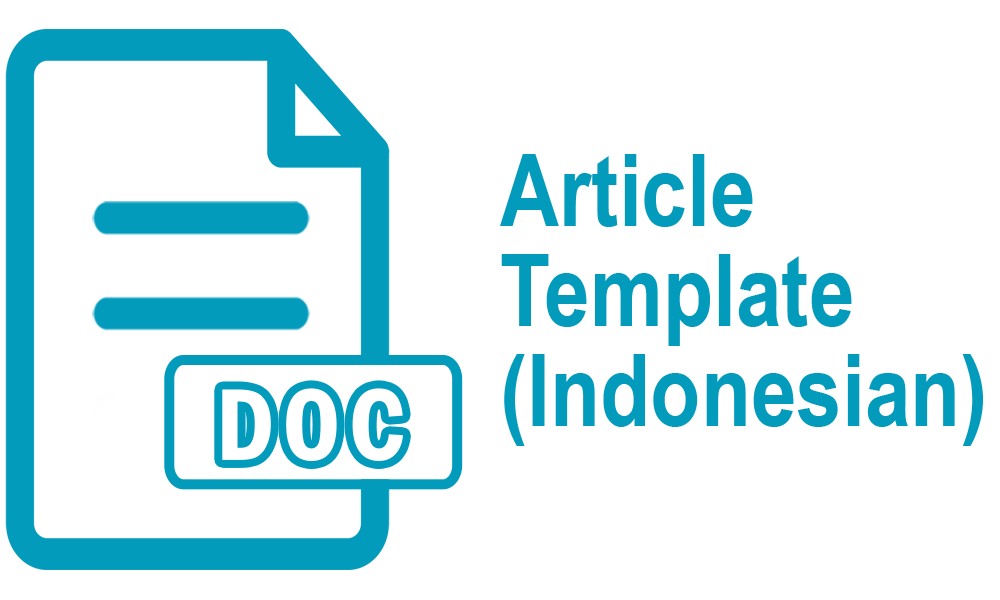SELF-ACTUALIZATION OF AGATHA AND SOPHIE IN CHAINANI’S THE SCHOOL FOR GOOD AND EVIL NOVEL
Abstract
This study discusses the fulfillment of self-actualization of Agatha’s and Sophie’s characters in The School for Good and Evil novel by Soman Chainani. The fulfillment is done by finding out the forms of ideal self and real self of the two characters. The theory applied in this study is self-actualization by Carl Rogers. Words in the forms of narrations and dialogues relating to the discussion of self-actualization of the two selected characters were the data in this study. The research design of this study was qualitative with humanistic approach. The results revealed that the two characters successfully fulfilled their self-actualization. However, Agatha’s process was less problematic compared to Sophie’s due to the different environment they lived in. Agatha’s character lived in a positive and supportive environment that allowed her to believe in herself. On the other hand, Sophie’s character lived in a negative and toxic environment where everyone doubted her efforts in becoming a fully functioning person. These results were found through the characterizations of discursive and dramatic methods
Keywords
Full Text:
PDFDOI: http://dx.doi.org/10.30872/jbssb.v9i2.10043
Refbacks
- There are currently no refbacks.
Copyright (c) 2025 Winny Bungan, Chris Asanti, Setya Ariani
Editorial address:
Fakultas Ilmu Budaya, Universitas Mulawarman
Jl. Ki Hajar Dewantara, Gunung Kelua, Kec. Samarinda Ulu, Kota Samarinda, Kalimantan Timur, Indonesia 75123
Email: jurnalilmubudaya.fibunmul@gmail.com
Website: http://e-journals.unmul.ac.id/index.php/JBSSB
Ilmu Budaya: Jurnal Bahasa, Sastra, Seni, dan Budaya is licensed under a Creative Commons Attribution-ShareAlike 4.0 International License






